What are seller concessions, seller contributions and interested party contributions?
It’s commonly referred to as a Seller Concession (or seller contribution), but the industry term is actually “Interested Party Contribution”. Interested parties to a transaction include, but are not limited to, the property seller, the builder, the real estate agent or broker, or an affiliate who may benefit from the sale of the property. Any interested party can contribute towards the closing costs on a purchase transaction.
Many people know that an Interested Party Contribution can be an effective way to reduce closing costs on a home purchase. But did you know it can also be used to lower your monthly payment? You can allocate the contribution toward origination points used to improve the mortgage rate. This will reduce your monthly mortgage payment. Consider the example below.
No Interested Party Contribution
Purchase Price: $550,000
Loan Amount: $495,000
30 Fixed 4.00%
Monthly Mortgage Payment $2,363.21
1% Interested Party Contribution ($5,500)
Purchase Price: $550,000
Loan Amount: $495,000
30 Fixed 3.625%
Monthly Mortgage Payment $2,257.45
Monthly Savings: $105.75
Allowable Interested Party Contributions:
3% of the purchase price if the financing is greater than 90% of the home value.
6% of the purchase price if the financing is greater than 75% up to 90% of the home value.
9% of the purchase price if the financing is less than or equal to75% of the home value.
Investment property:
2% of the purchase price regardless of financing.
Caveat:
Although Interested Party Contributions, regardless of who is paying, achieve the same goal. There is an important distinction to consider. Contributions by the seller or builder could have an impact on the appraised value of the property since this will effectively decrease the net purchase price for the seller, whereas it would be unusual if a contribution by the real estate agent or broker affected the appraised value of a property (provided that the brokers commission on the transaction is consistent with norms in the area) since customary broker commissions are already factored into an appraisal.
Whether reducing the out of pocket fees associated with purchasing a home or lowering the monthly mortgage payment, an Interested Party Contribution (also known as a broker commission rebate, buyer closing cost incentive, buyer rebate, broker rebate, commission credit, buyer closing credit, etc.) can be an effect tool in structuring a deal.
Related articles & additional resources
Co-op vs Condo
What’s the difference between co-op apartments and condo apartments in NYC? Are coops considered to be real property? What are the differences between co-op maintenance fees vs condo common charges? Do co-op boards have more power than condo boards? What is the co-op board’s right of approval vs a condo board’s right of first refusal?
Looking for sales leads?
What’s the point of joining a brokerage that doesn’t give you something to do? Yet that is exactly how the rest of the traditional brokerage community operates. Agents are expected to source all of their clients, execute the entire deal on their own and then receive only 30-50% of the commission. That doesn’t sound fair to us at all! Contact us today to jump start your career!
NYC Closing Process
The NYC co-op and condo closing process is surprisingly easy as long as you have accepted an offer from a qualified home buyer. Assuming you’ve worked with a Mont Sky Real Estate agent on your home sale, you’ve already cleared the toughest part of selling your home in NYC which is properly engaging the 90% of buyers who are represented by agents!



